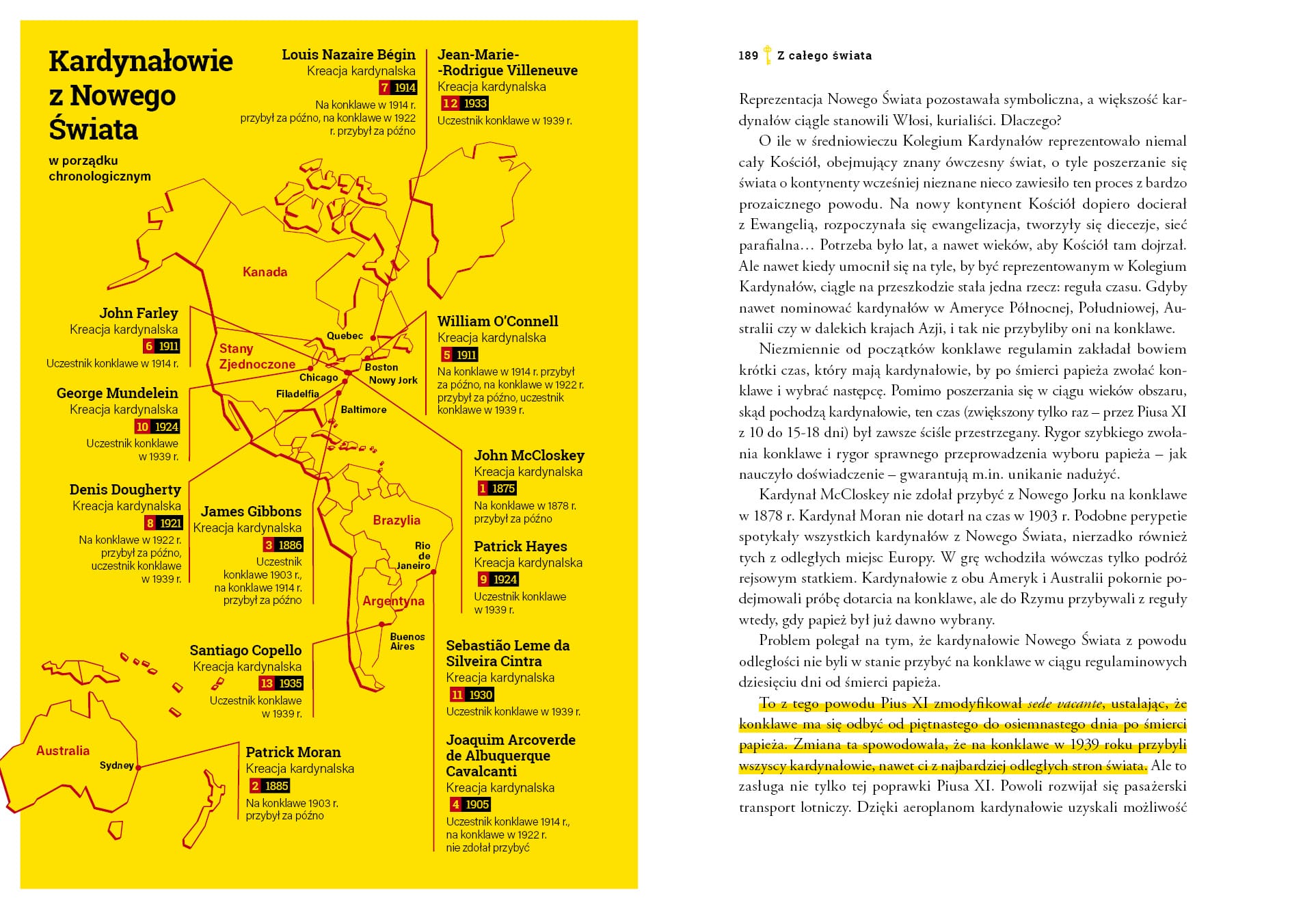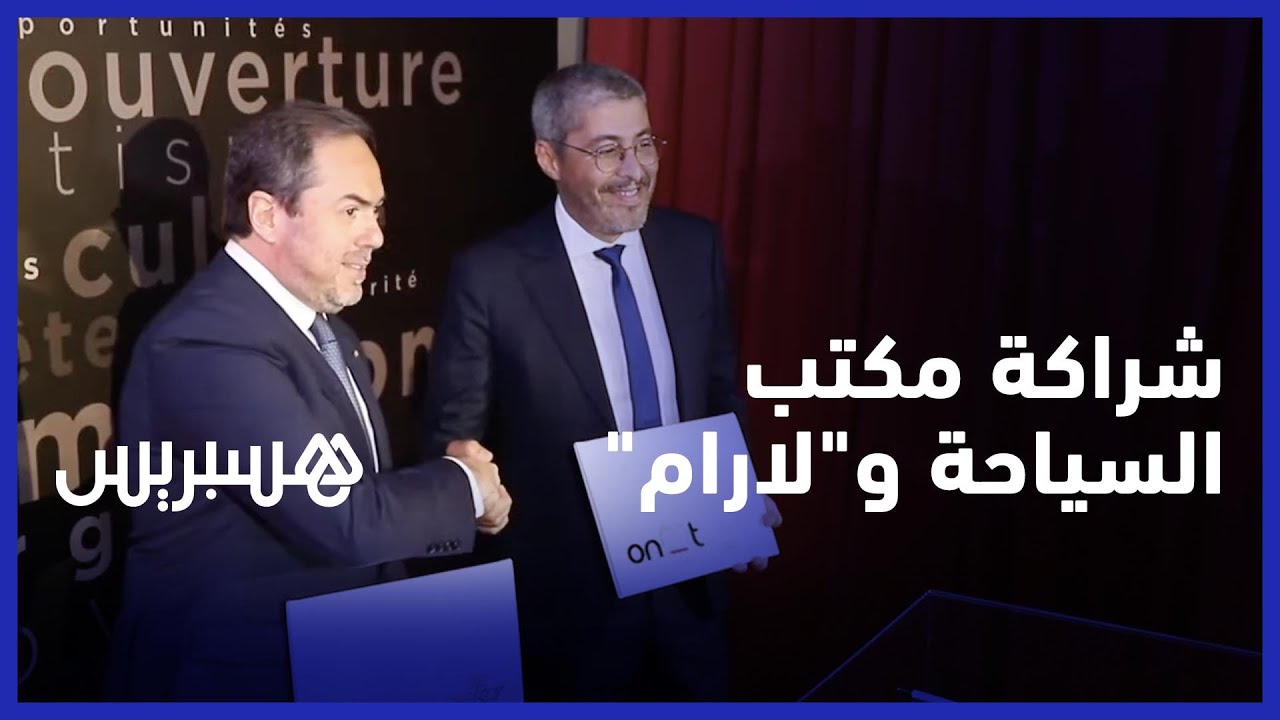Can You Beat This? Who Wants To Be A Millionaire Contestant's Unbelievable Lifeline Fail

Table of Contents
The Contestant's Background and the Crucial Question
Our story centers around a contestant we'll call "Sarah," a 35-year-old school teacher from a small town. Sarah, known for her generally strong trivia knowledge, had successfully navigated several questions, demonstrating a solid understanding of history and geography. She'd reached the $64,000 question – a significant sum putting her well on the way to the coveted million-dollar prize. The question that sealed her fate was:
"Which European country is home to the highest mountain in the Alps?"
Before the question, Sarah displayed confidence, correctly answering previous questions related to:
- Ancient Roman history.
- The geography of South America.
- Classical literature.
The potential winnings at this stage were a life-changing $64,000, enough to significantly improve her financial situation and perhaps even consider early retirement from teaching.
The Chosen Lifeline and Why It Was the Wrong Choice
Faced with the challenging question about the Alps' highest peak, Sarah chose the "Phone a Friend" lifeline. This proved to be a disastrous decision, considering the alternatives.
Why was this a poor choice? The question tested geographic knowledge specific to Europe, an area where the accuracy of a friend’s random guess would be unreliable. Better options would have included:
- 50:50: This lifeline would have eliminated two incorrect answers, potentially leaving Sarah with a 50% chance of guessing correctly.
- Ask the Audience: The collective knowledge of the studio audience would likely have provided a statistically better chance of success than a single friend’s guess.
Sarah's reasoning, if we're to speculate, might have been that a friend with a similar educational background might possess specialized knowledge about European geography. Unfortunately, this assumption proved tragically incorrect, highlighting a common mistake contestants make: overestimating the reliability of seemingly specialized knowledge from their social circle.
The Unfolding Disaster: The Lifeline Failure and its Aftermath
The tension was palpable as Sarah dialed her friend, a fellow history enthusiast. The friend hesitated, offering a hesitant and ultimately incorrect answer. The chosen answer, "Austria," was deemed wrong by the host. Sarah looked stunned, her dream of winning big crumbling before her eyes.
- The audience gasped collectively.
- The host offered a sympathetic but firm explanation.
- Sarah displayed visible disappointment, accepting her fate with grace.
The emotional impact was significant. Not only did Sarah lose the $64,000, but she also experienced the crushing weight of missed opportunity, a disappointment felt by both the contestant and viewers watching her hopes fade. This "Who Wants To Be A Millionaire?" lifeline fail became a memorable moment of television history.
Analysis: Lessons Learned From This "Who Wants To Be A Millionaire?" Lifeline Fail
This quiz show debacle highlights common mistakes contestants make:
- Overreliance on a single lifeline: Relying on one lifeline without considering alternatives can be perilous.
- Underestimating the difficulty: Some questions seem simpler than they are, and this needs careful consideration.
- Ignoring intuition: Trusting your gut feeling can be crucial, even if your lifeline suggests otherwise.
To effectively utilize lifelines:
- Assess the question carefully: Determine the type of knowledge needed and match it to the appropriate lifeline.
- Consider all options: Don't rush into a decision; weigh the pros and cons of each lifeline.
- Use lifelines strategically: Save the powerful lifelines (50:50 and Ask the Audience) for the most challenging questions.
This incident teaches broader lessons about decision-making under pressure. Often, the most crucial decisions require careful planning, consideration of alternatives, and a degree of calculated risk.
Conclusion: Learning from "Who Wants To Be A Millionaire?" Lifeline Fails
Sarah's experience serves as a stark reminder that even with preparation and knowledge, unexpected setbacks can occur. The incorrect use of the "Phone a Friend" lifeline resulted in a significant loss – a quintessential "Who Wants To Be A Millionaire?" lifeline fail. The key takeaway is the crucial need for strategic lifeline usage and careful assessment of question difficulty. Remember, even the most knowledgeable contestants can succumb to a lifeline blunder.
Have you ever witnessed a shocking "Who Wants To Be A Millionaire?" lifeline fail? Share your thoughts in the comments below! And remember, even the most knowledgeable contestants can fall victim to a lifeline blunder. Learn from this experience to improve your chances of becoming a millionaire!

Featured Posts
-
 Konklawe Tajemnice Wyborow Papieskich Nowa Ksiazka Ks Sliwinskiego W Warszawie
May 07, 2025
Konklawe Tajemnice Wyborow Papieskich Nowa Ksiazka Ks Sliwinskiego W Warszawie
May 07, 2025 -
 Brwtwkwl Laram Wimbratwr Tezyz Alsyaht Albrazylyt
May 07, 2025
Brwtwkwl Laram Wimbratwr Tezyz Alsyaht Albrazylyt
May 07, 2025 -
 Bmo Survey Recession Concerns Halt Canadian Home Purchases
May 07, 2025
Bmo Survey Recession Concerns Halt Canadian Home Purchases
May 07, 2025 -
 100 Tys Zl Odszkodowania Panstwowa Spolka Przeciwko Dziennikarzom Onetu
May 07, 2025
100 Tys Zl Odszkodowania Panstwowa Spolka Przeciwko Dziennikarzom Onetu
May 07, 2025 -
 Mick Jagger No Oscar Brasileiros Temem Pe Frio
May 07, 2025
Mick Jagger No Oscar Brasileiros Temem Pe Frio
May 07, 2025
